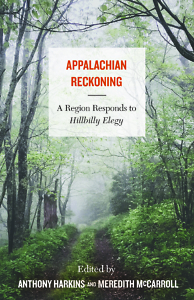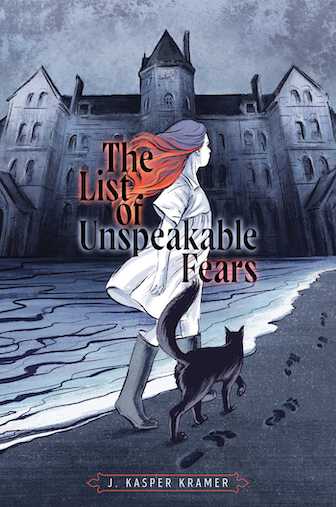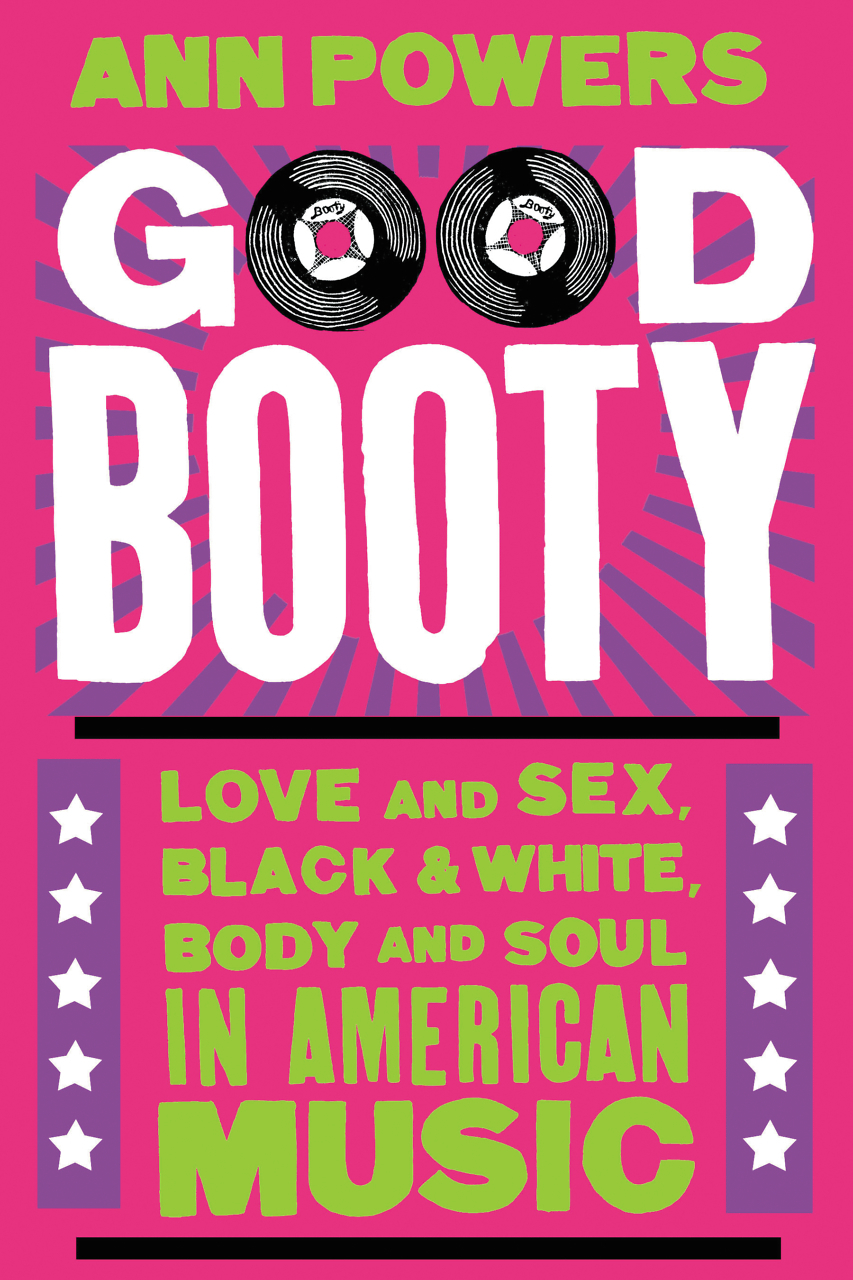Leaving Elegy Behind
In a new anthology, Appalachian writers address J.D. Vance’s Hillbilly Elegy
In 2016, J.D. Vance’s bestselling Hillbilly Elegy: A Memoir of a Family and Culture in Crisis created a cultural flashpoint. Some readers celebrated Vance’s story of family trauma and triumph as a window into our troubled political and economic landscape. Others decried Vance for trafficking in detrimental stereotypes. Appalachian Reckoning, a new anthology edited by Anthony Harkins and Meredith McCarroll (a Ph.D. graduate of the University of Tennessee), is an engrossing cross-section of Appalachian voices, each offering a bold response to this moment in the region’s evolution.
Many anthology contributors empathize with Vance’s familial traumas—his drug-addicted single mother, his challenging relatives. A few defend the book outright. But most writers take the view that Vance has contributed to the misconceptions about this region in a way that makes it even tougher to combat its systemic problems. In their introduction, the editors assert that they don’t intend to “demonize” Vance but that his book demands close scrutiny because he has set himself up as a cultural commenter and not simply as a memoirist.
Reckoning contains a number of fiery takedowns which accuse Vance of characterizing Appalachia in reductive, insulting terms. Sociologist Dwight Billings tackles Elegy’s place in 2016’s post-election culture shock: the way pundits across the ideological spectrum cited Vance’s story as evidence that the region has become what Billings calls “Trumpalachia,” a mythical land whose people are responsible for installing Donald Trump in the White House. Several contributors emphasize Vance’s position as a “self-positioned expert” on Appalachia—a position which has placed him on many conservatives’ short lists for future political candidacy.
 Other critiques argue that Vance’s depiction of Appalachia contains glaring holes, notably the exclusion of substantive contributions by women and people of color. In her blazing essay, “Keep Your ‘Elegy,’” Ivy Brashear notes that though Vance credits his grandmother as a stable influence on his life, he repeatedly calls her a “lunatic.” Brashear asserts that Vance “actively diminishes, glosses over, and ignores the reality of the critical role that Appalachian women play” in the region’s economic and cultural survival. Instead, she writes, Vance “clings to that fictionalized past of working-class nostalgia, and assumes that all our problems come from white men being out of work.”
Other critiques argue that Vance’s depiction of Appalachia contains glaring holes, notably the exclusion of substantive contributions by women and people of color. In her blazing essay, “Keep Your ‘Elegy,’” Ivy Brashear notes that though Vance credits his grandmother as a stable influence on his life, he repeatedly calls her a “lunatic.” Brashear asserts that Vance “actively diminishes, glosses over, and ignores the reality of the critical role that Appalachian women play” in the region’s economic and cultural survival. Instead, she writes, Vance “clings to that fictionalized past of working-class nostalgia, and assumes that all our problems come from white men being out of work.”
In “Black Hillbillies Have No Time for Elegies,” scholar William H. Turner provides invaluable context about the experiences of African Americans in Appalachia, some from the same area where Vance’s family lived. Turner pushes back against the trope of all-white Appalachian communities languishing in economic distress, as well as the long-held notion (amplified by Vance) that some deterministic fatalism inherent in Appalachian character has doomed the region. Turner surveys powerful counterexamples among thriving black families who’ve lived and worked in the region’s coal fields.
Were Reckoning merely a referendum on Vance, this anthology’s ultimate impact and usefulness would be limited. Fortunately, the book’s scope and ambition stretch far deeper and wider. The book’s second half, “Beyond Hillbilly Elegy,” presents a stirring collection of poems, personal essays, and photographs that reveal nuanced, diverse portraits of life in the Mountain South.
 From the atmospheric remembrances of “How Appalachian I Am” by novelist Robert Gipe, who grew up in Kingsport, to Meredith McCarroll’s account of recommitting to her native accent, “to let my vowels relax into the shape that they wanted to take all along,” after years of living in New England—these essayists grapple with their origins’ cumulative legacy. Evocative photographs and explanatory texts offer glimpses into joyful or contemplative moments, both private and communal.
From the atmospheric remembrances of “How Appalachian I Am” by novelist Robert Gipe, who grew up in Kingsport, to Meredith McCarroll’s account of recommitting to her native accent, “to let my vowels relax into the shape that they wanted to take all along,” after years of living in New England—these essayists grapple with their origins’ cumulative legacy. Evocative photographs and explanatory texts offer glimpses into joyful or contemplative moments, both private and communal.
But perhaps the book’s most resonant entries come from the poets. Literary powerhouse Robert Morgan’s “The Mower—1933” swings with illuminating grace and momentum. “Tonglen for My Mother” by Knoxville poet Linda Parsons breathes in its griefs and breathes out its forgiving release. Affrilachian poet Kelly Norman Ellis’s “Antebellum Cookbook” unfurls like a culinary incantation. And the poems by Johnson City poet Jesse Graves, who grew up in Sharps Chapel, turn with the land’s unhurried but implacable force.
Appalachian Reckoning sounds a great rallying cry from the heart of Appalachia—out of its richly complex landscapes, populations, and traditions. This book will fascinate all readers looking to expand their understanding of the region during this intense cultural moment. But Reckoning will also galvanize storytellers of any background who are ready to dig deeper into their own lineage, to celebrate it while confronting it, pressing ever closer to the bone.

Emily Choate holds an M.F.A. from Sarah Lawrence College. Her fiction has been published in Shenandoah, The Florida Review, Tupelo Quarterly, and The Double Dealer, and her nonfiction has appeared in Yemassee, Late Night Library, and elsewhere. She lives in Nashville, where she’s working on a novel.



